Best smart ring 2025: Every discreet fitness tracker tested
Oura, Samsung, Amazfit, or Ringconn: which is the best smart ring?
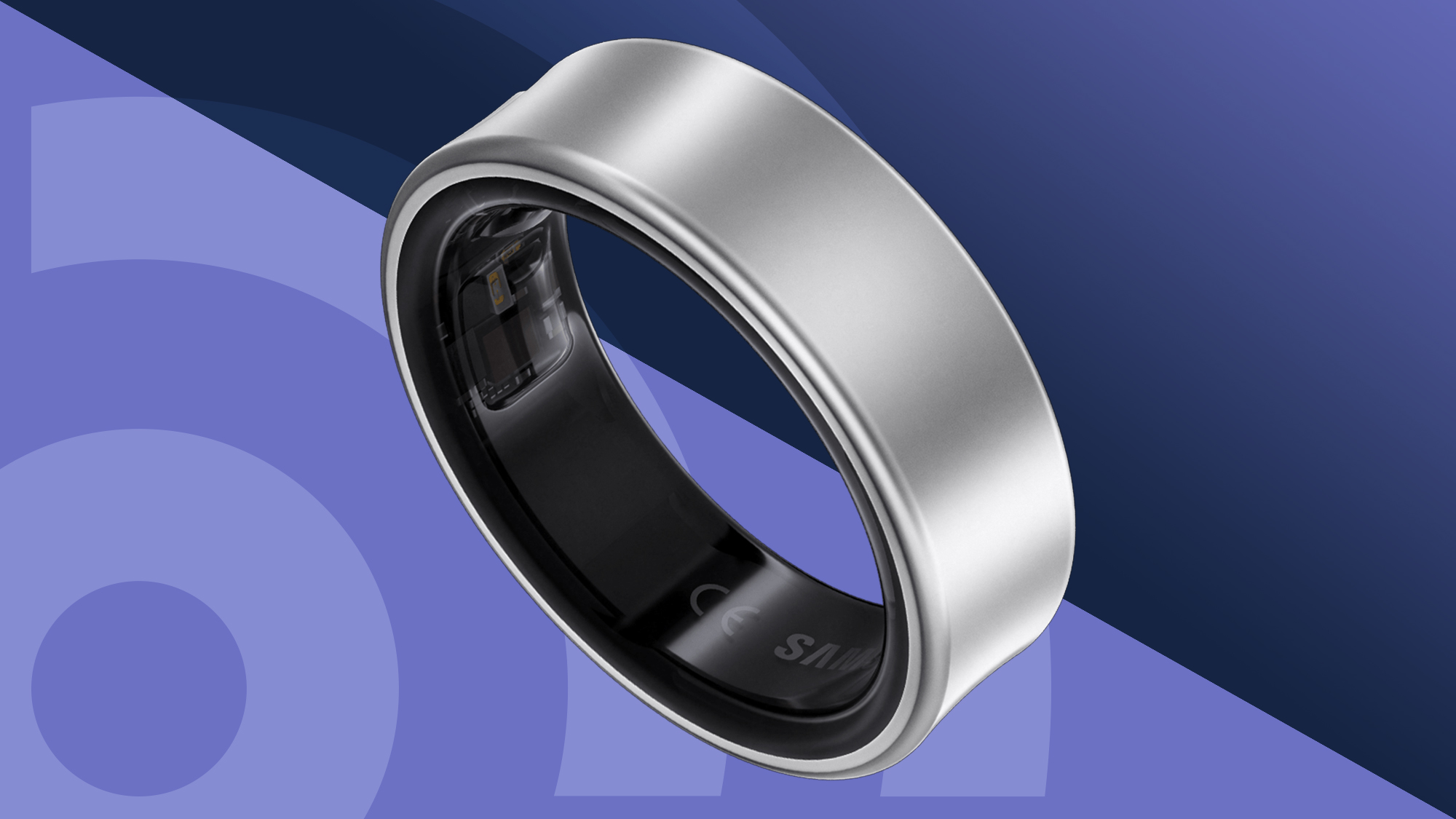
The best smart rings on the market will give you insightful health tracking, sleep monitoring, heart rate data, and more, all in a discreet package that won't intrude on your life the way a smartwatch might.
They're popular as a more fashionable means of staying on top of your well-being, with generous battery life, no screens, and no notifications to distract you from everyday life.
In 2025, with the likes of Samsung and Oura at the table, the smart ring market is well-established and growing all the time, and there are rumors even Apple could one day get in on the action.
We've reviewed every smart ring out there, including mainstream options from Samsung and Oura, as well as more niche options from the likes of Ultrahuman, Amazfit, and more.
We test each of them extensively for weeks, running down the battery and using all of their various features. We score each out of five for performance, design, features, and of course, value, using that data to generate an overall rating.
We use those scores to curate this guide. Only the best make the cut and you won't find any models here that we haven't reviewed.

Matt Evans is TechRadar's Senior Fitness and Wearables Editor with years of experience testing health and fitness gadgets. He has personally tested the top picks in this guide and overseen the curation of our other options.
The quick list
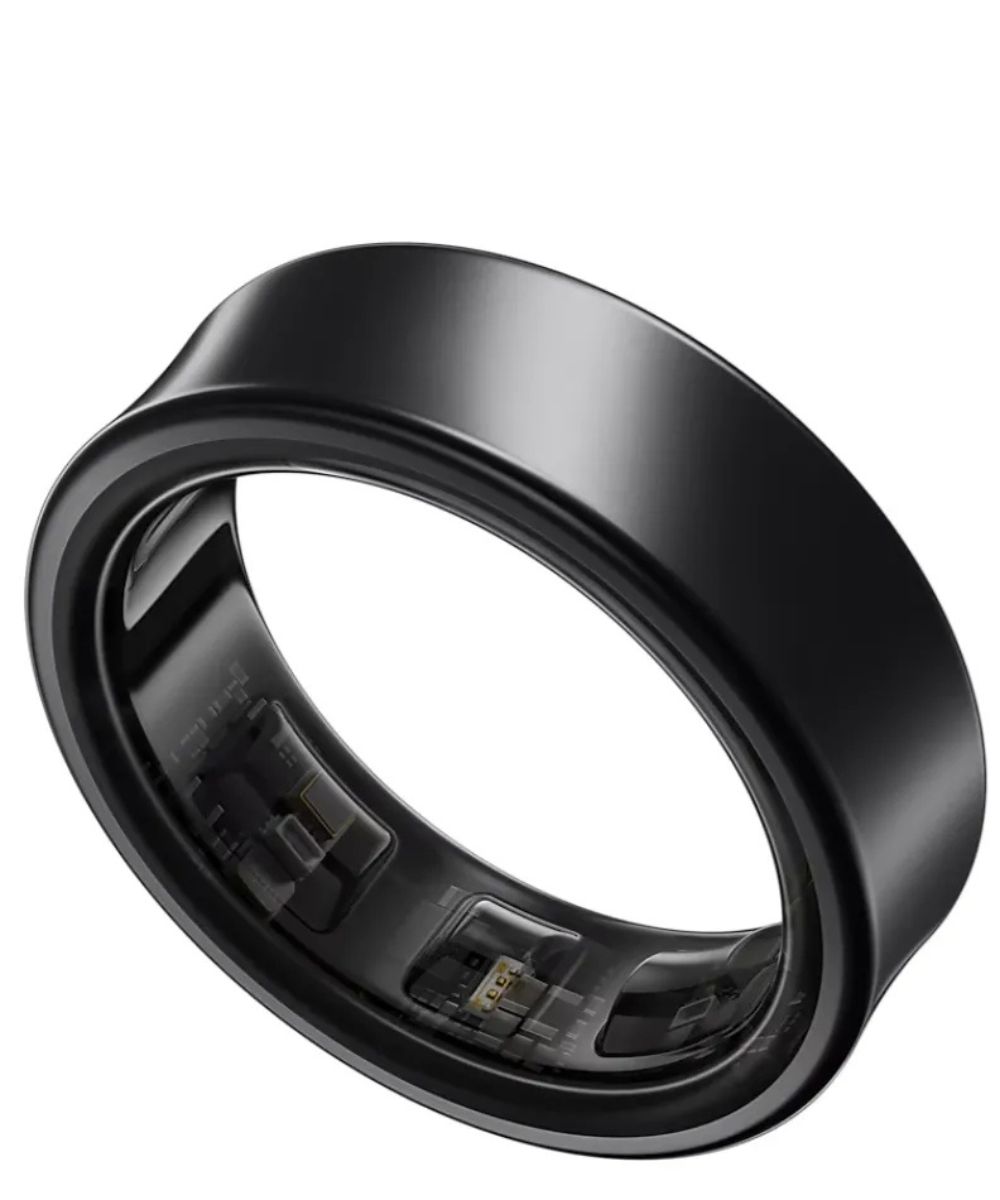
The best overall
This smartwatch is not only the best for Samsung fans but for anyone who wants a smart ring to rule them all.
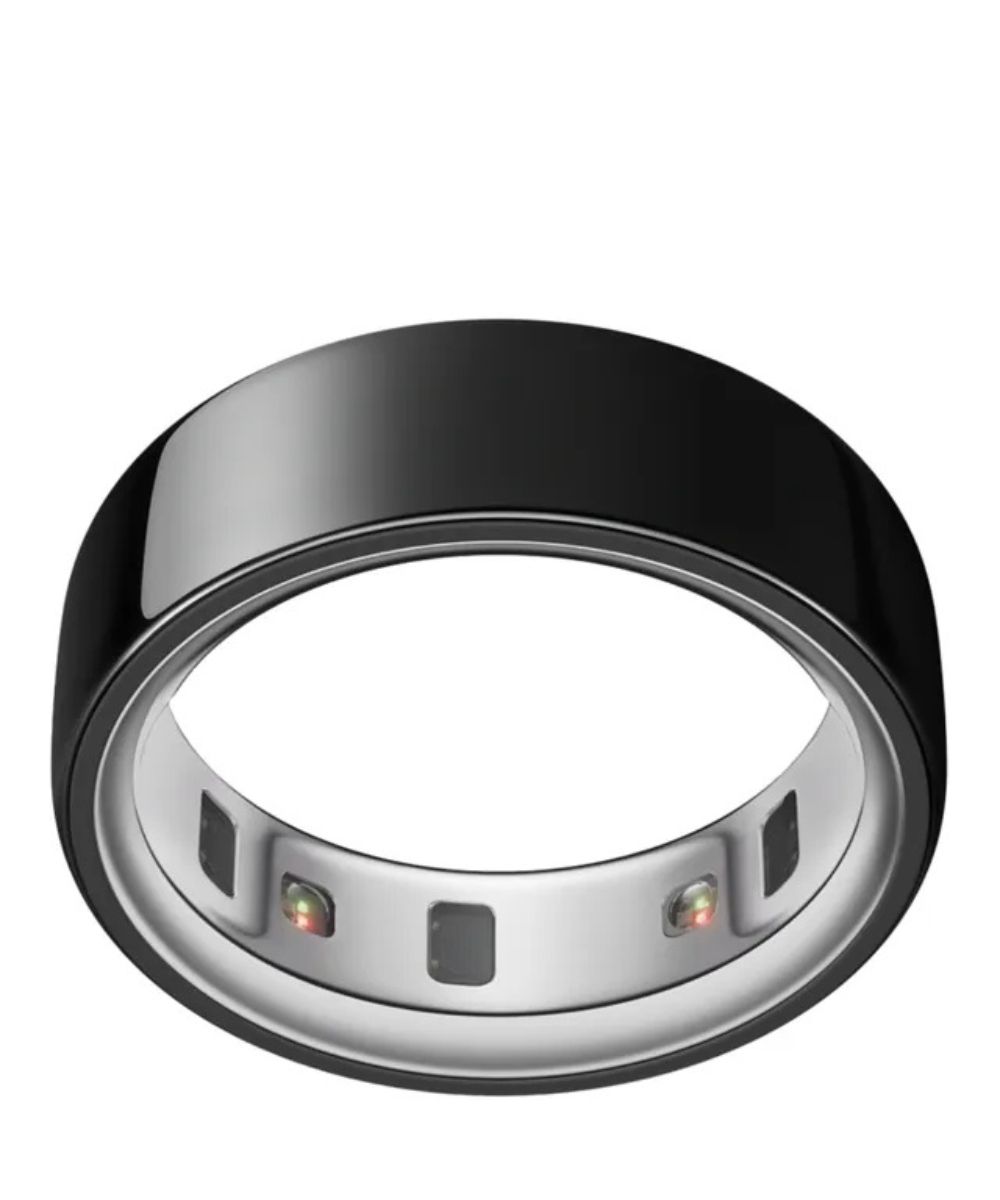
The best premium
A complete redesign for the best smart ring around, Oura Ring 4 is top tier, but comes at a high price.
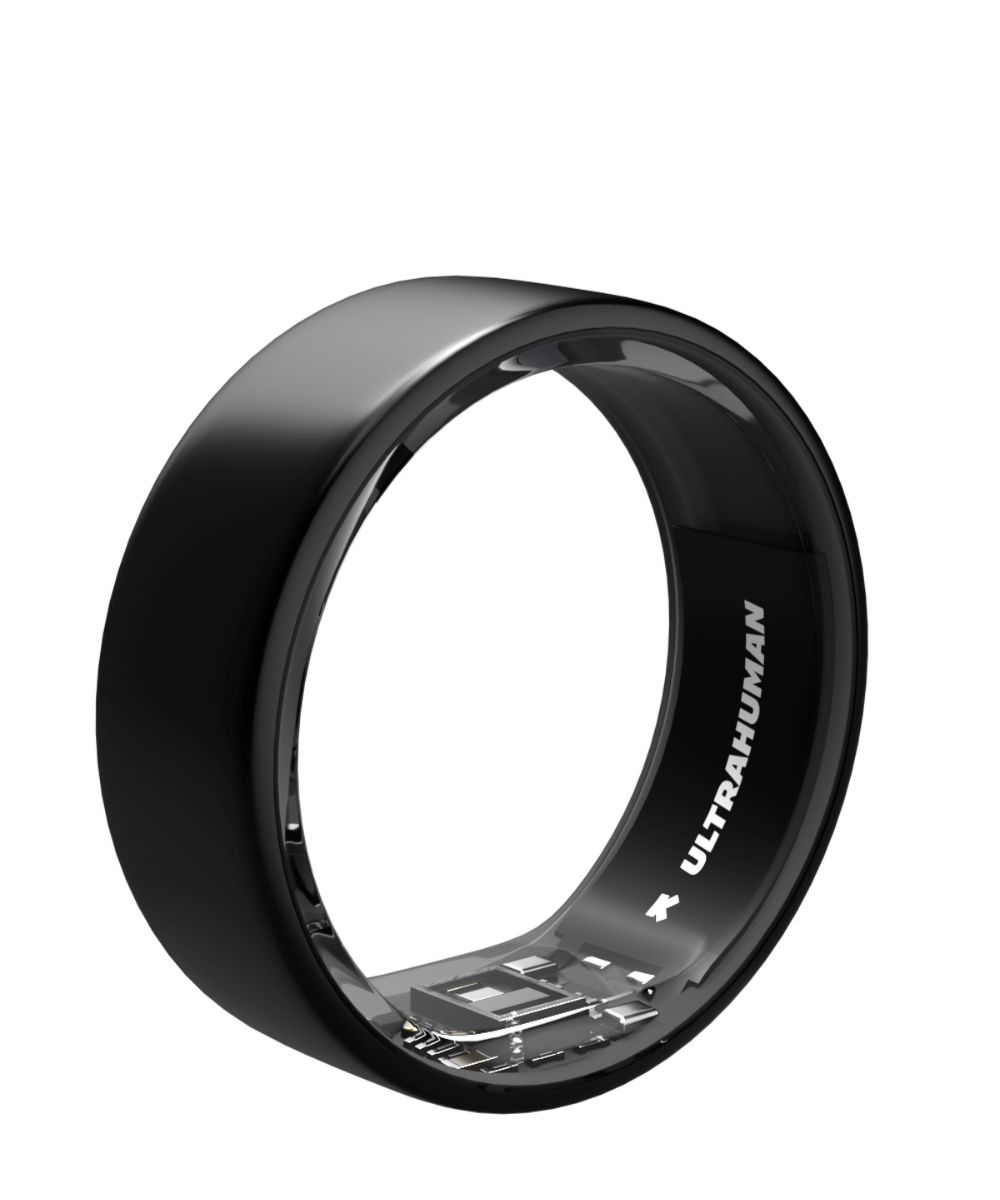
Best for comfort
Packed with features and designed to give you insights into sleep, it's our lightest and most comfortable pick at 2.4g.
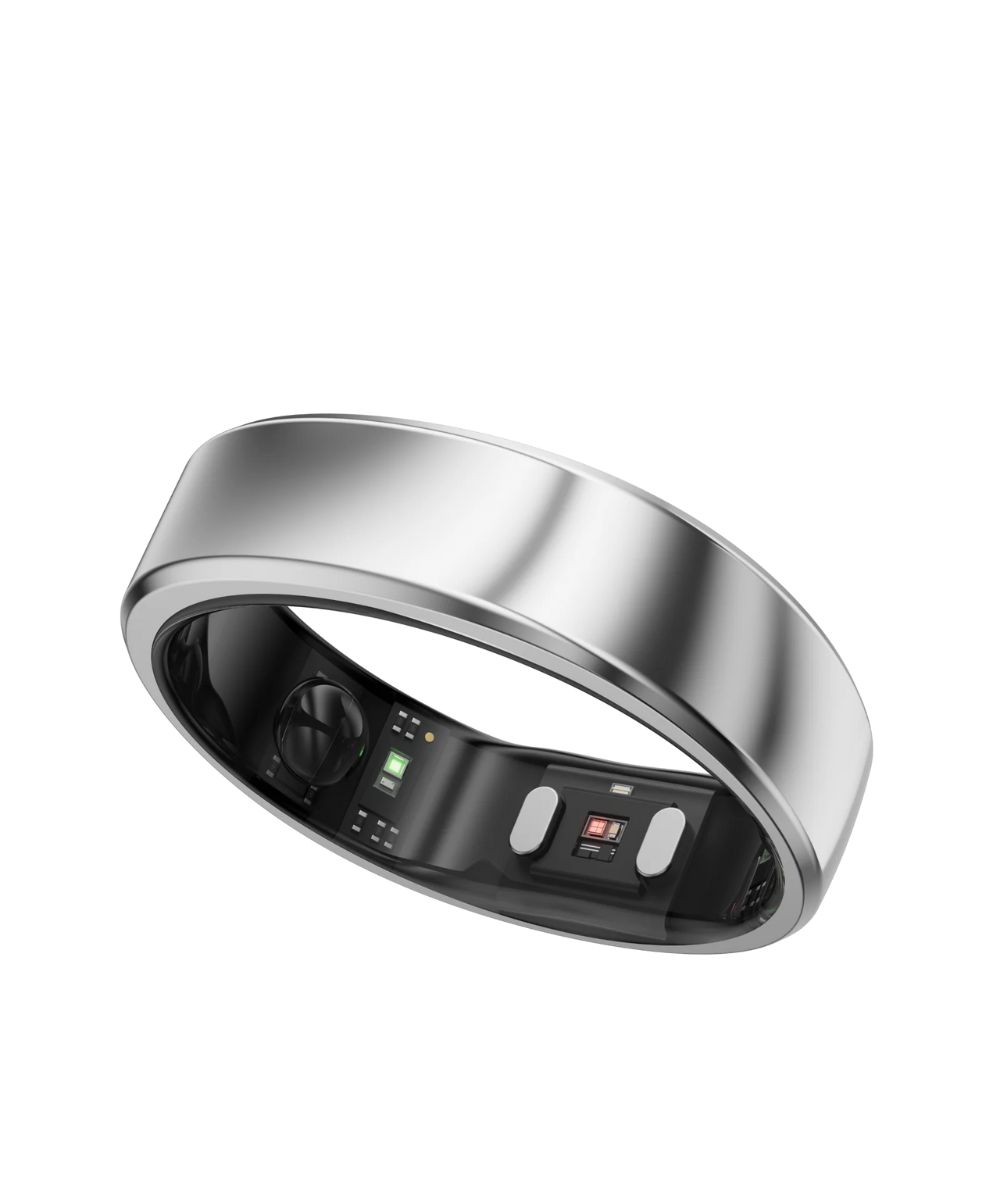
Best for battery life
The RingConn Gen 2 builds on our great budget pick with industry-leading 12-day battery life.
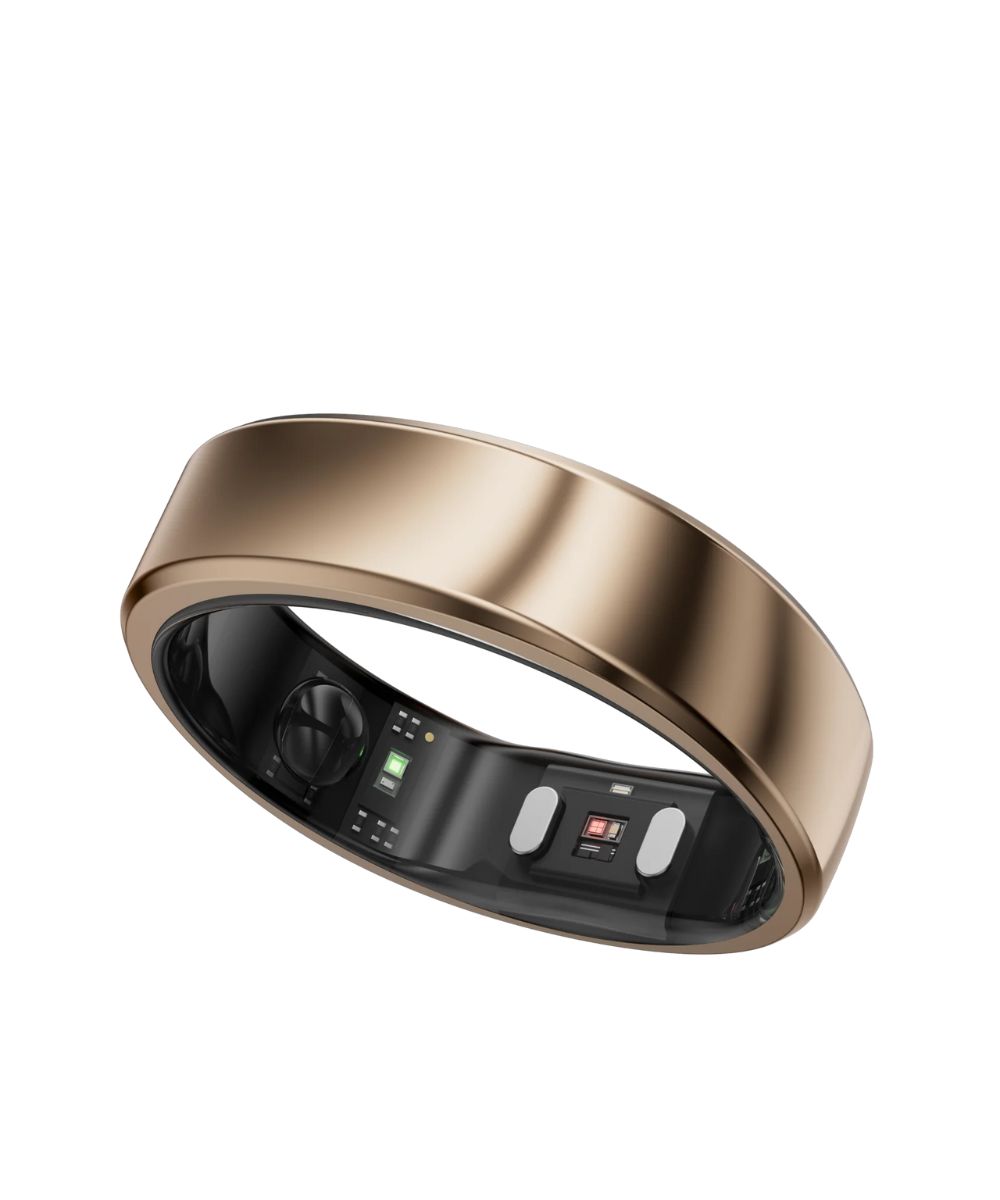
Best on a budget
New for 2025, the RingConn Gen 2 Air is a lite version of our top battery pick, the Gen 2, which still offers 10-day use and is very affordable.
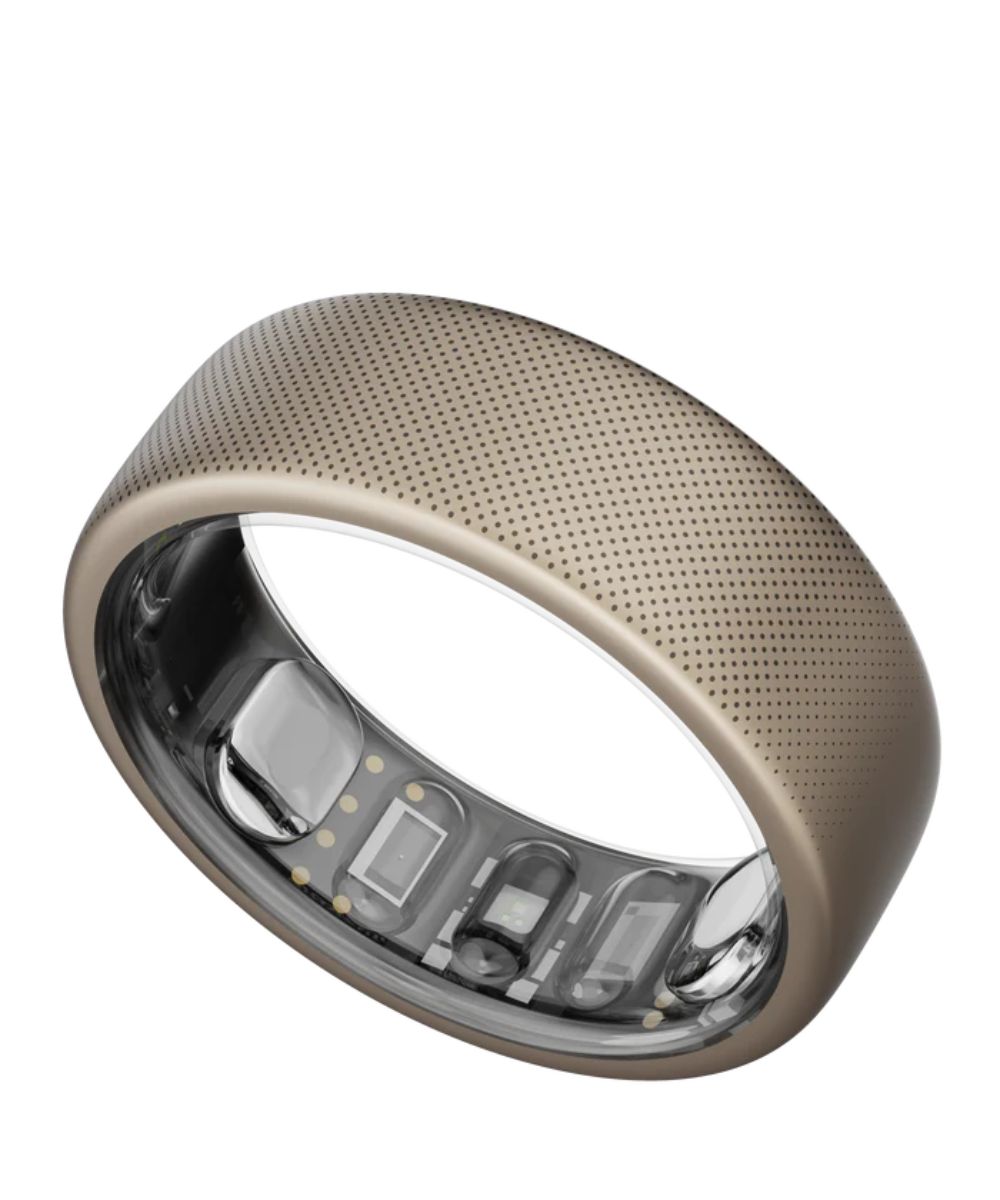
Best for sleep tracking
Also new for 2025, this is a great pick if sleep tracking is your priority. The battery life isn't great but it's much cheaper than Oura and doesn't require a subscription.
Best smart ring overall
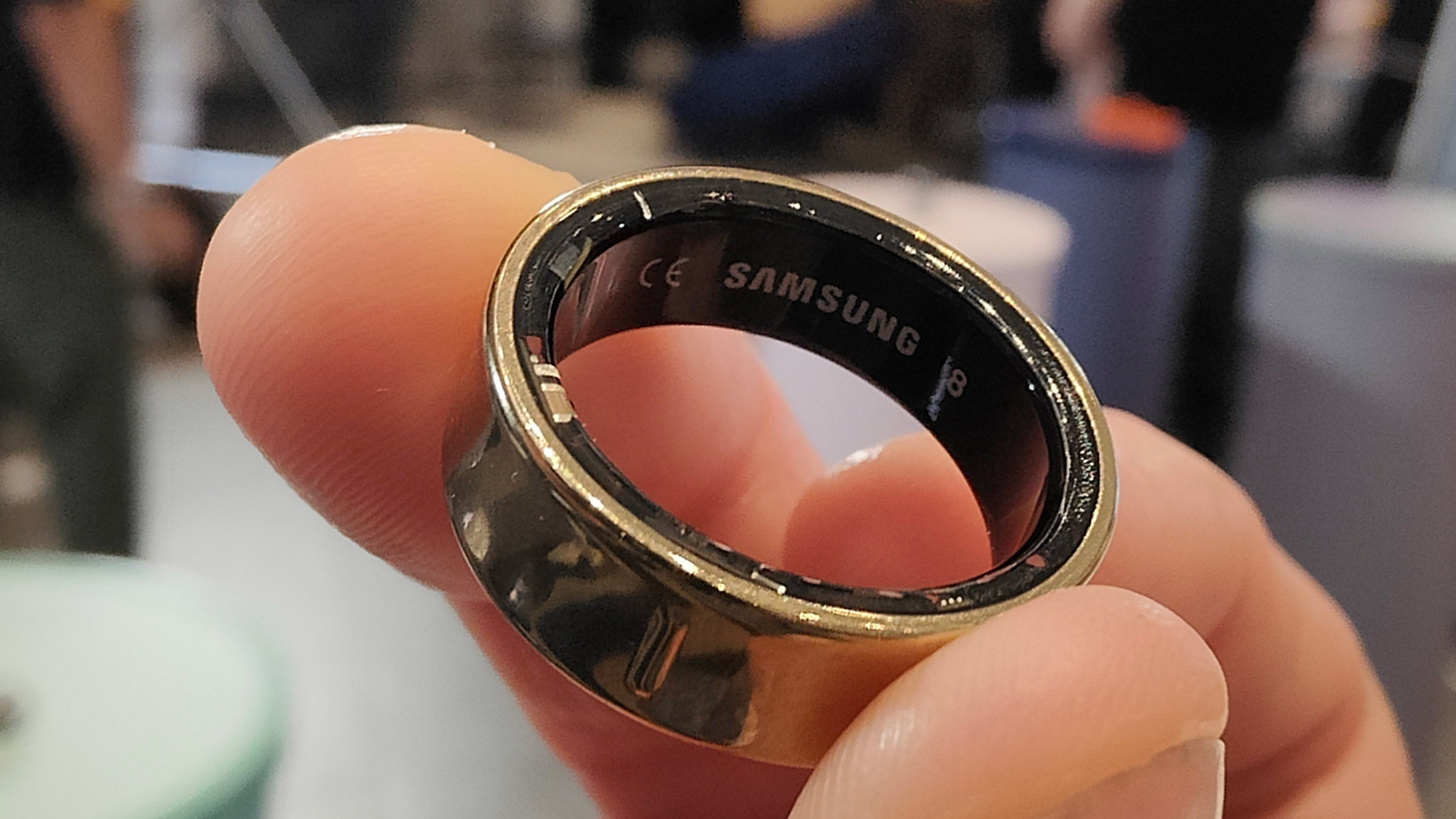
Specifications
Reasons to buy
Reasons to avoid
This is Samsung's first entry into the smart ring market that was previously dominated by the Oura Ring and it's fair to say they have absolutely nailed it. If the market continues to grow then Samsung will have beaten their rivals, Apple and Google, to it.
We found the Galaxy Ring incredibly comfortable to wear during our two weeks of testing. In fact, our reviewer says it was small enough that he actually forgot he was wearing it at all. We found battery life excellent too, and you'll get around a week of use before a charge is required or if you pair it with a Samsung smart watch then it'll last even longer.
Samsung has focused most of its efforts on creating a ring that excels in sleep tracking and reporting. Hands down, it has achieved something truly special. For the benefit of a top quality ring and great features, you'll have to pay a pretty eye watering sum but if you're keen on being an early adopter, then this is the one to go for.
Read our full Samsung Galaxy Ring review
Best premium smart ring
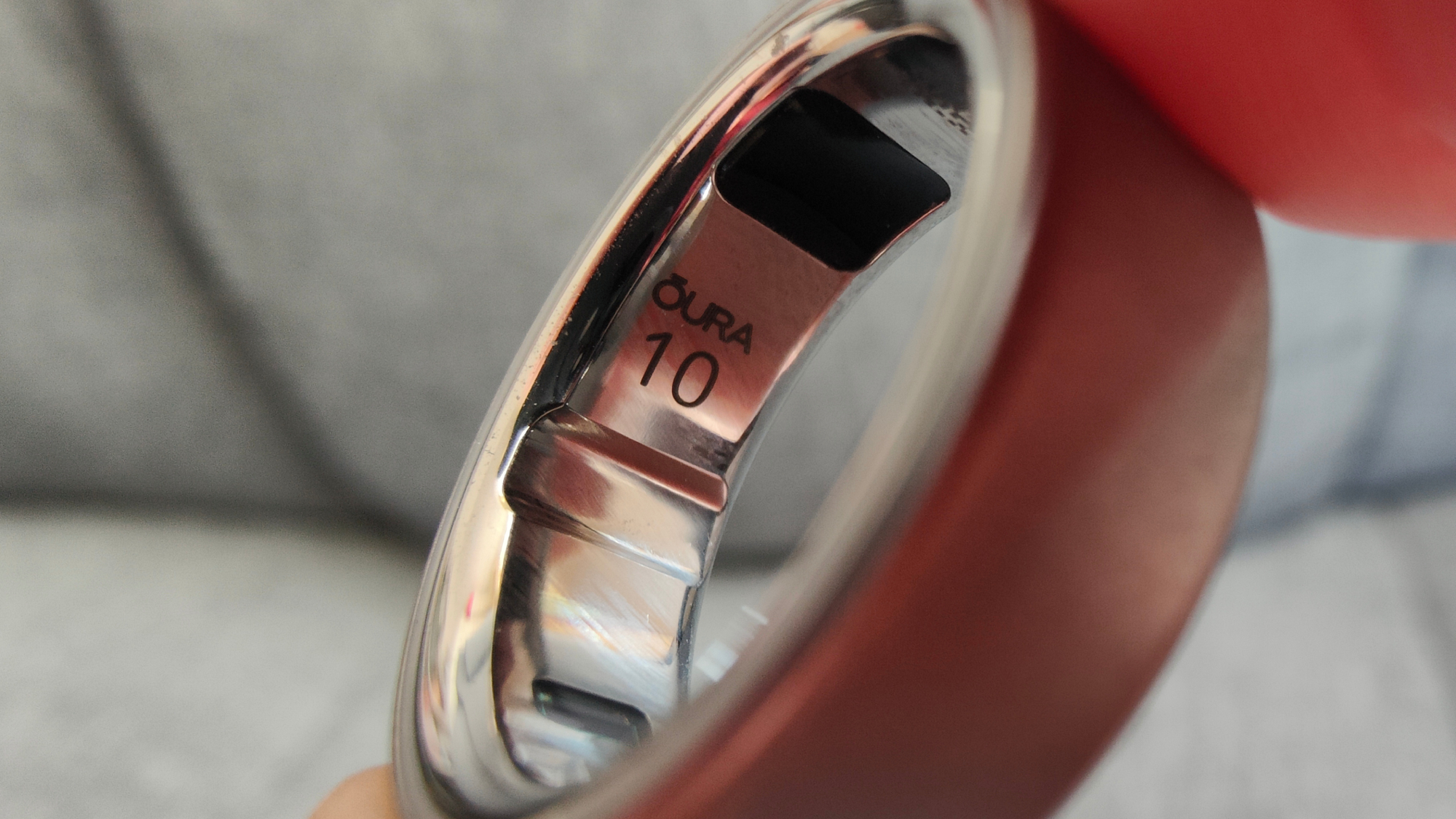
Specifications
Reasons to buy
Reasons to avoid
The most well-known smart ring brand until Samsung got in the ring (sorry), the Oura Ring 4 is a superb health tracker. In our review, we loved its comprehensive coverage of sleep, activity, and recovery, and the automatic workout tracking is much improved from the last go-round.
Sleep is where Oura has always truly shined, and the Oura Ring 4 is no exception. Our reviewer found that you get information on not just your night's sleep, but restfulness, allowing you to access trends over time for granular information like deep sleep and bedtime.
The Oura app also saw a redesign to coincide with the 4's release, and it's a fantastic piece of kit. It's just a shame it comes with an ongoing subscription and relies on it for so many features. It hampers the value prospect of an otherwise near-perfect smart ring.
Read our full Oura Ring 4 review
Best smart ring for comfort
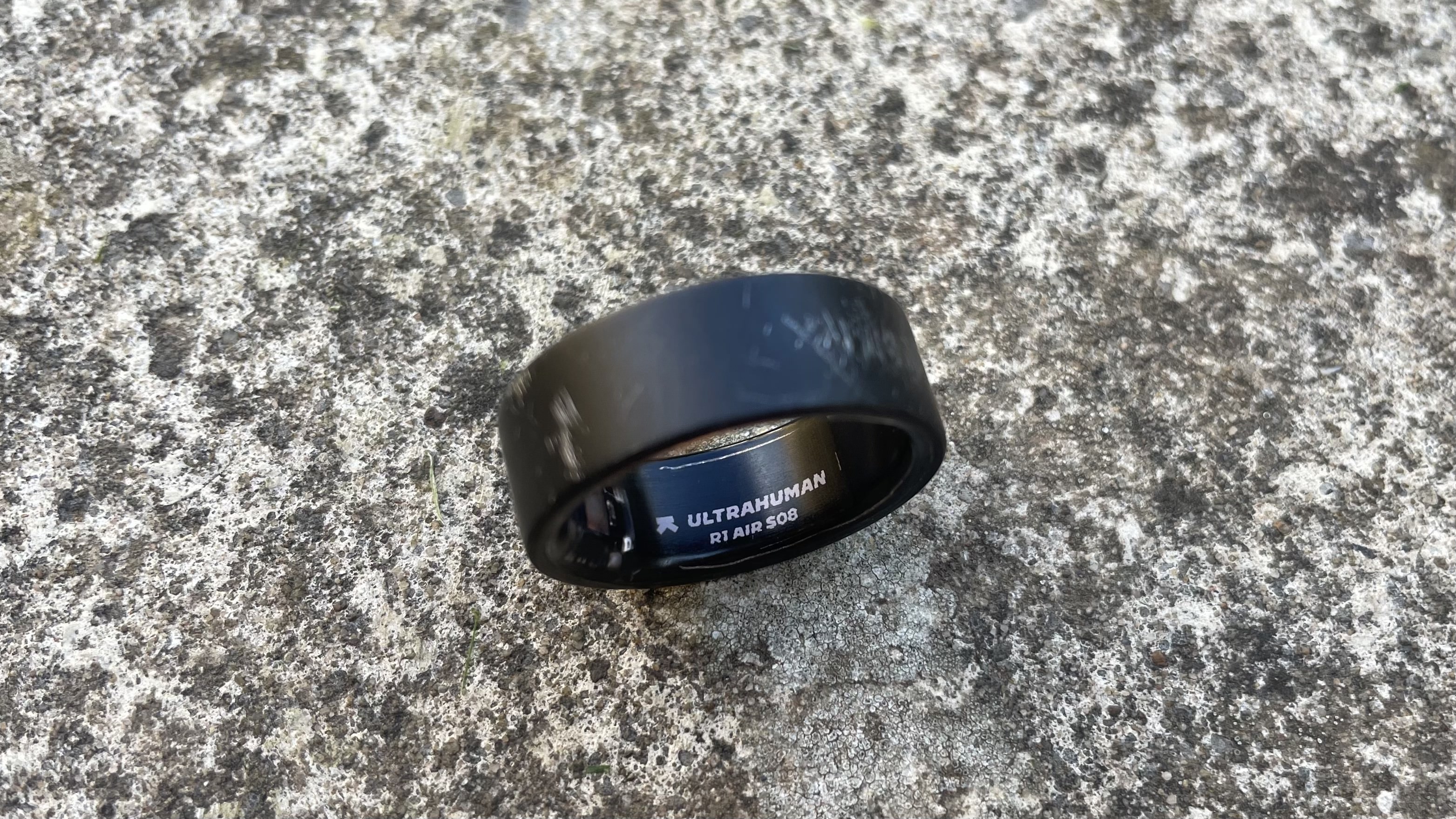
Specifications
Reasons to buy
Reasons to avoid
If you're looking for the lightest ring on the market, the Ultrahuman Ring Air lives up to its name, only weighing in at 2.4g to 3.6g depending on your size.
Offering similar features to the Oura Ring at the top of our list, it uses a range of sensors to track all kinds of data about heart rate, movement, sleep, skin temperature, and more. Like the Oura Ring, it also has a big focus on sleep and recovery, and a handy app that we found to be incredibly thorough in terms of the data it presents, but also easy to use during our testing.
Design-wise, we found it stylish-looking and comfortable to wear, although the matte black version was prone to scratching. Luckily, there are other finishes available now that should fare better. The inside, where the sensors lie against your skin, is covered with see-through hypoallergenic epoxy resin coating, which is velvety smooth.
Read our full Ultrahuman Ring Air review
Best smart ring for battery life
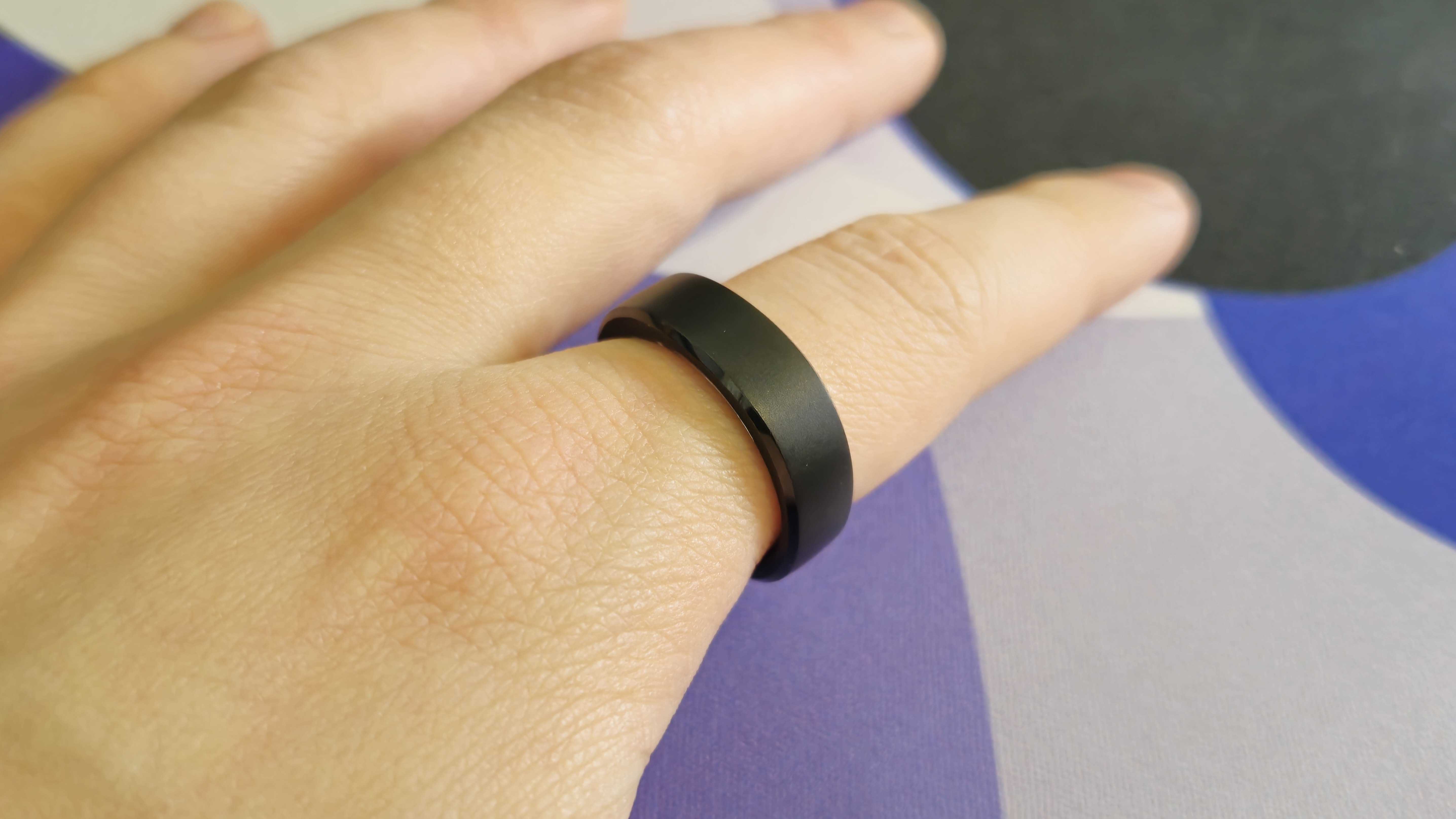
Specifications
Reasons to buy
Reasons to avoid
While the RingConn Gen 2 Air is our budget pick (see below), the heftier Gen 2 gets the go-ahead here because of its industry-leading battery life.
You can expect up to 12 days of use from the RingConn Gen 2, which no other smart ring comes close to. That's despite the fact it weighs an astonishing three grams and is both thinner and narrower than its predecessor.
It's a titanium alloy available in three colors, and the RingConn Gen 2 features new sleep apnea tracking. We loved the simple score you get for each metric such as Sleep, Stress, Vital Signs, and more. We also enjoyed the recommendations it gave us based on our stress and activity levels.
Fitness tracking is a bit more limited, but the in-depth sleep stats and excellent longevity make this a really excellent choice and a brilliant upgrade over the original. However, it's more costly, hence it doesn't supplant the first-generation RingConn in the budget category.
Read our full RingConn Gen 2 review
Best smart ring on a budget
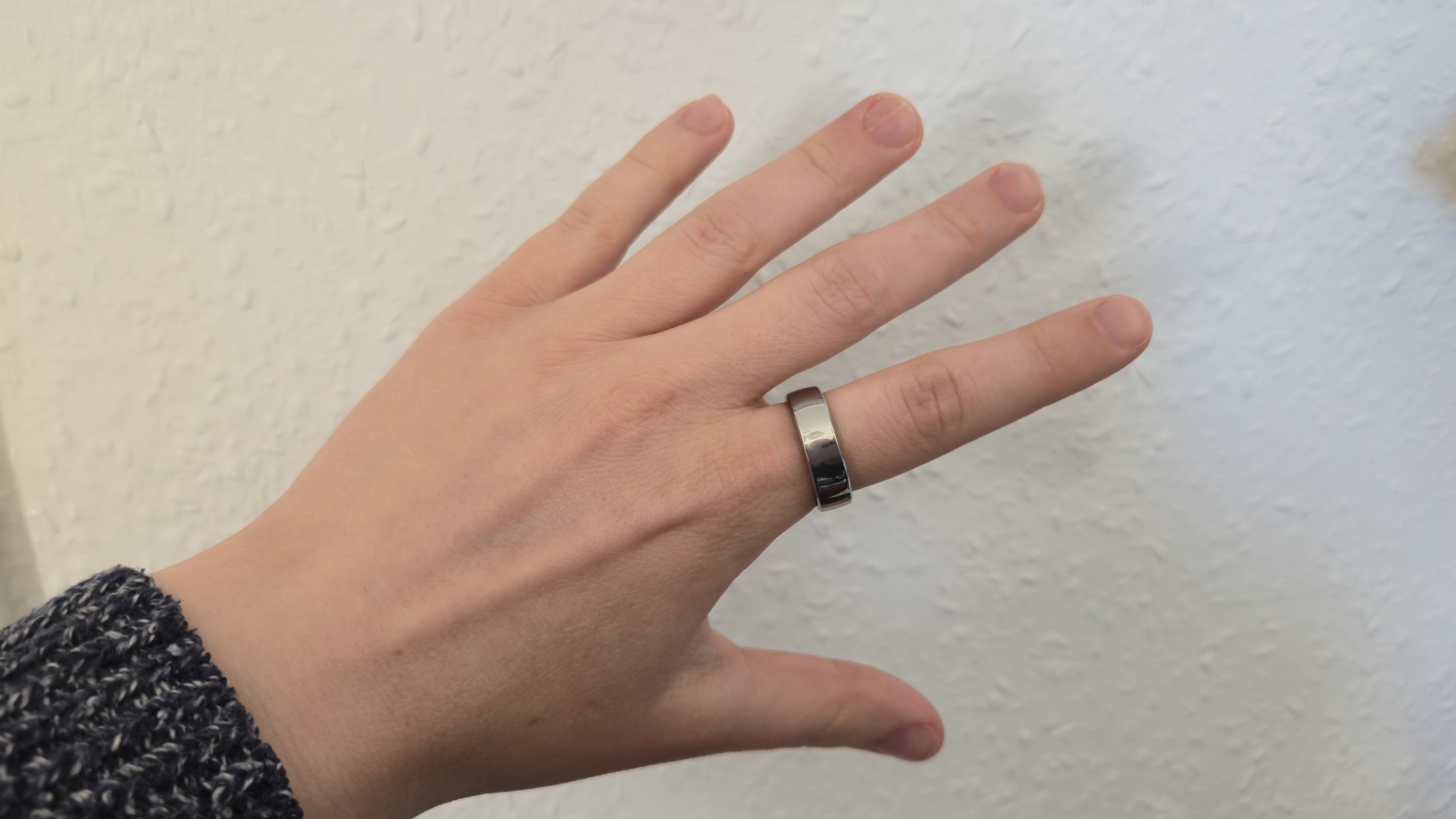
Specifications
Reasons to buy
Reasons to avoid
The RingConn Gen 2 Air is the perfect budget pick as a smart ring in 2025. With a sub-$200 price tag and no additional subscription fee, you get a nice range of sizes and colors, IP68 water-proofing, and 10-day battery life.
That can't beat our top battery life pick but is better than offerings from Oura and Samsung, and we found that it stacks up to the 10-day claim in our testing.
We enjoyed the extensive health and fitness tracking features, but it lacks sleep apnea detection.
In all of our tests it performed admirably, and just as well as the more expensive Gen 2 version. Step counting, heart rate, and sleep tracking were all in order, although we did find it a bit lacking in the fitness department.
Overall this is excellent value for money, has a nice design, and enough features to justify the relatively inexpensive price.
Hands down, this is the top budget smart ring on the market right now.
Read our full RingConn Gen 2 Air review
Best smart ring for sleep tracking
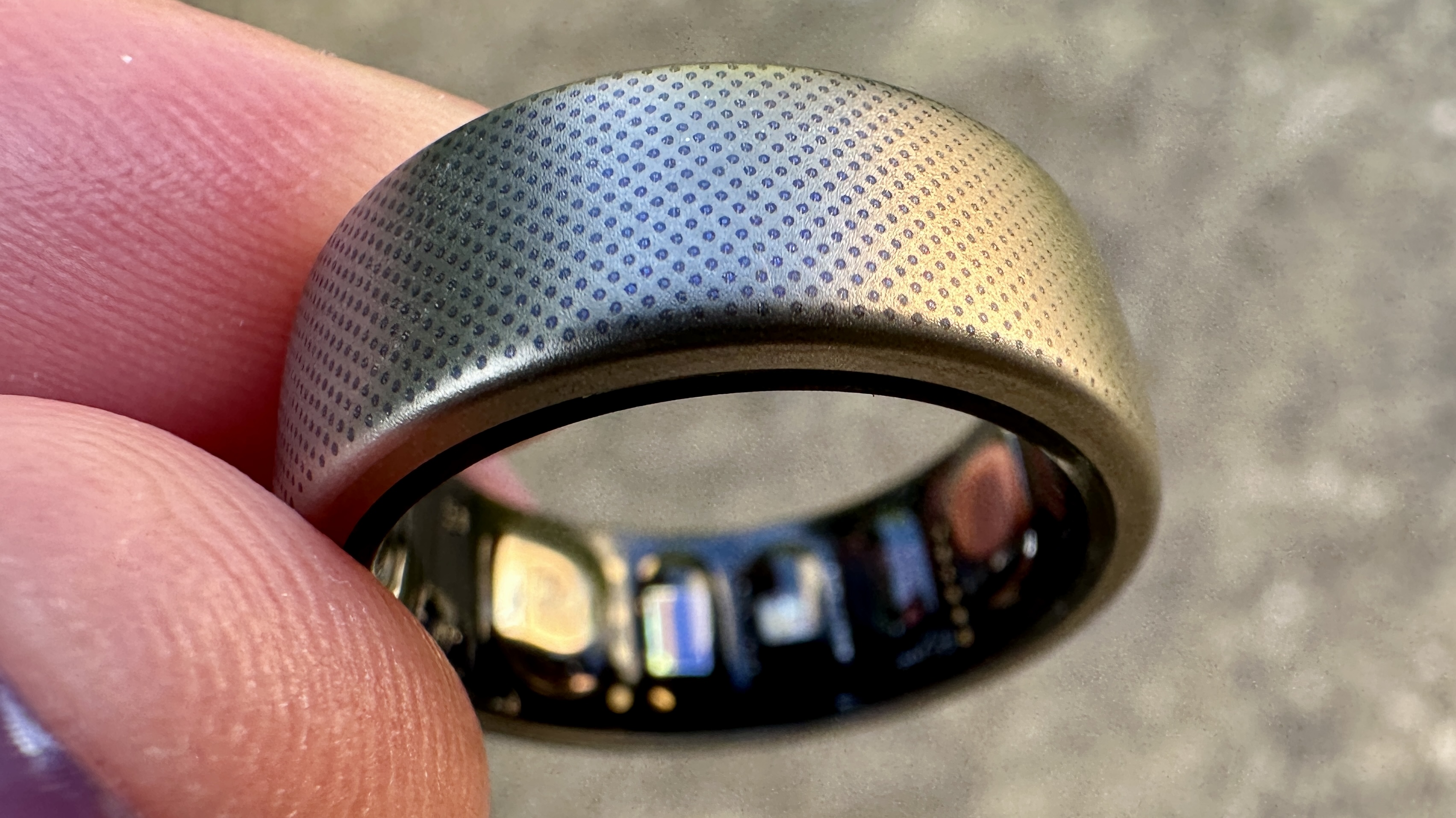
Specifications
Reasons to buy
Reasons to avoid
If you want a smart ring exclusively for sleep tracking and don't mind a bit of compromise in other areas, the Amazfit Helio Ring is a great choice.
It has a nice finish and design, standing out against some of the other picks on the market. It's very comfortable, so won't be a pain to wear in bed, and the sleep tracking metrics held up well in our testing.
We were really impressed by the extensive sleep tracking metrics including sleep stages, duration, and metrics that are presented as easy-to-read charts. You also get data for your breathing, temperature, and heart rate while you sleep, which is combined to produce a morning readiness score.
It's not perfect, the sizing and colors are limited, as are the workout modes, and the battery life is much less than you'll get from more expensive picks.
However, for the price, if you're looking for a sleep-tracking smart ring you'll struggle to do better.
Read our full Amazfit Helio Ring review
How to choose the best smart ring for you
The smart ring space is still relatively new, which means there isn’t much choice when it comes to finding the best smart ring for you.
The first consideration needs to be why you want one in the first place. Right now, the main types of smart rings can roughly be divided into three categories: those designed to track all of your vitals with a focus on sleep, those solely for sleep tracking, and several others that enable you to make payments. We imagine that soon these uses will be combined, but for now your first decision is what you’d like one for.
The next consideration is design. You’d be forgiven for assuming all of the best smart rings in the guide above are the same device. But there are some subtle differences, like the finish and colors, as well as the fit and weight. For example, the Ultrahuman Ring Air is lighter than its rivals.
Finally, have a look at the different features on offer. Although many of the rings in each of those categories we’ve outlined above bring you similar features, there are some that are unique in what they offer, like the haptic feedback from the Circular Ring.
If you’re unsure about whether a smart ring is for you, we highly recommend ordering a testing kit – most of the companies in the list above will send one out to you for free. This way you can be sure you’re getting the perfect fit but also wear the test ring for a few days to see if the design is right for you. Just remember the actual ring itself is likely to be a little heavier but will feel much more comfy and premium given the materials it’s made from.
How we test the best smart rings
We've had chance to test several of the best smart rings in this guide. Which means we know what to expect when it comes to key features, design, battery life, accompanying apps and more.
During our testing, we were very keen to truly assess how comfortable each ring is, as we know this is a major concern with the smart ring form factor. We wore the rings for days and even weeks at a time, assessing general comfort, bulkiness, whether we had to remove them for certain activities and how they fare in water.
We used each of the apps extensively, digging into all of the data and assessing them for thoroughness and whether they pair data with generally useful insights and recommendations. It's not handy to simply present a series of graphs without context.
Each of the smart rings above has its own set of unique features, so we made sure to assess each separately based on what they offer and which ring we believe is the best for each purpose.
We've made it clear which of the best smart rings above we've yet to get our hands on and will be adding reviews for those devices as soon as we can. Until then, we've based our recommendations on specs, features, other reviews and how our experience with other smart rings informs these choices.
The best smart rings: FAQ
Should you buy a smart ring instead of a smart watch?
A smart ring is a great alternative to a smartwatch for a number of reasons. You get many of the same features including health and fitness tracking without the intrusion of a display and notifications. They also tend to have better battery life, and are generally built to exist in the background of your life, rather than as a personal assistant on your wrist. It's a personal choice, but if you're focused on health and wellbeing, rather than communication, a smart ring is definitely worth considering.
What features should I expect to see in a smart ring?
All good smart rings should offer heart rate and sleep tracking, as well as exercise monitoring and other wellness features. They're primarily health devices, so these are the most important features to look for. Other extras could include NFC for making contactless payments. Generally, they don't come with a display and aren't built to deliver notifications to you in real time. You should also look for good software, which can deliver insights like scores for energy and daily readiness.
How much does the average smart ring cost?
The most expensive smart rings cost around $399 / £399 / around AU$750. While there are some cheaper options, some of these, like the Oura Ring range, come with follow-up subscriptions that mean you have to pay a monthly fee to use them. Our cheapest pick comes in at around $199/£185/AU$380, but we wouldn't recommend going lower than this in price.
Are smart rings reliable compared to fitness trackers?
Smart rings excel at sleep tracking and step count monitoring, and the former is very much an advantage over smartwatches. However, smartwatches provide more reliable data for speed, heart, rate, and laps, so if you're doing a lot of training you might want to consider something like a Garmin.
What are the disadvantages of smart rings?
Smart rings are quite expensive, and don't deliver some of the features of a smartwatch. They don't generally have displays for notifications and don't even vibrate to alert you to things. They're also a bit more fragile than smartwatches, and as noted sometimes require subscriptions to use.
Get daily insight, inspiration and deals in your inbox
Sign up for breaking news, reviews, opinion, top tech deals, and more.
Becca is a contributor to TechRadar, a freelance journalist and author. She’s been writing about consumer tech and popular science for more than ten years, covering all kinds of topics, including why robots have eyes and whether we’ll experience the overview effect one day. She’s particularly interested in VR/AR, wearables, digital health, space tech and chatting to experts and academics about the future. She’s contributed to TechRadar, T3, Wired, New Scientist, The Guardian, Inverse and many more. Her first book, Screen Time, came out in January 2021 with Bonnier Books. She loves science-fiction, brutalist architecture, and spending too much time floating through space in virtual reality.
